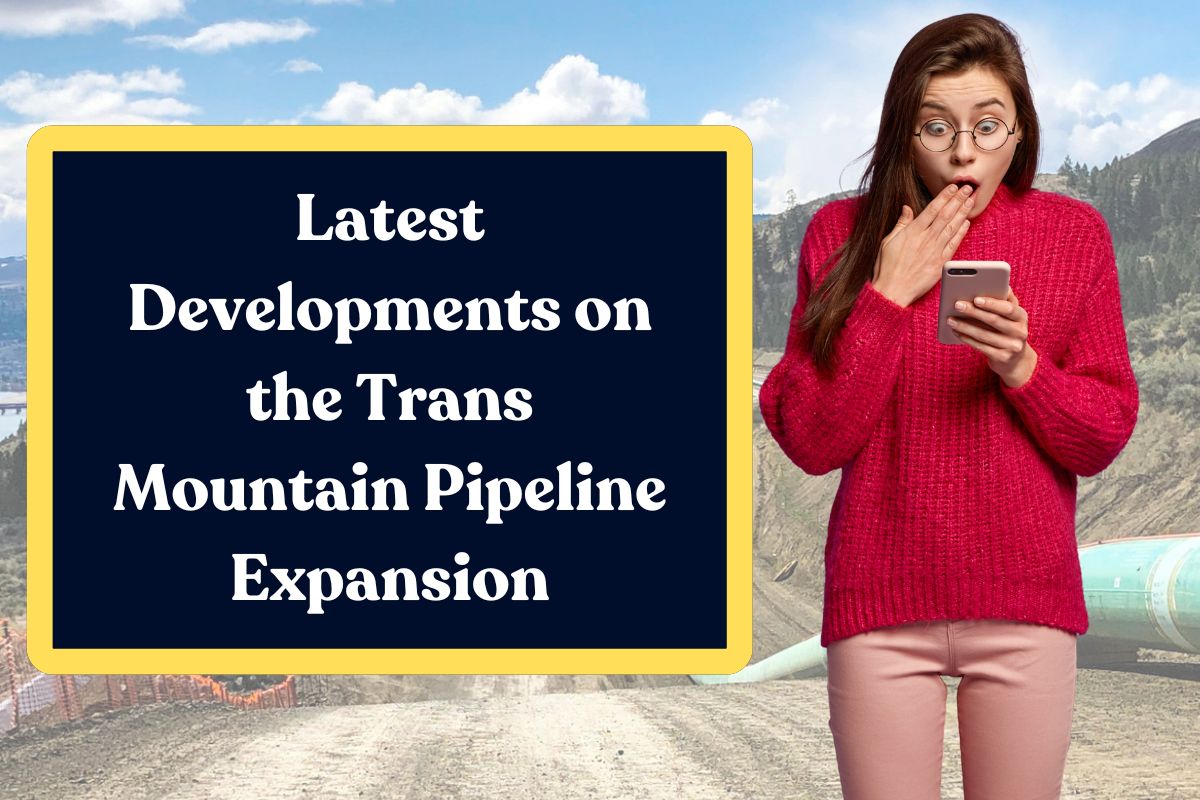In June 2025, Canada’s Senate passed a controversial bill that fast-tracks natural resource and infrastructure projects, such as oil pipelines and mines, under the banner of “national interest.”

While the Liberal government, led by Prime Minister Mark Carney, argues the move is necessary to stimulate economic growth and counter U.S. tariffs, the legislation has sparked widespread opposition, particularly among Indigenous communities and environmental groups.
This article explores the implications of the new law, the concerns raised by Indigenous leaders, and the likely legal and social challenges ahead.

The Law: A Fast-Track to Controversy
This particular legislation is a part of the government’s initiative to reduce the dependence on the USA and create a More resilient and self sustainable economy. Under this new legislation the government aims at completely eliminating the interprovincial trade barriers and wants to fast track the approval of the projects that are considered to be in the national interest. Now these particular operations may include large scale mining, oil and gas pipelines, and other infrastructure developments.
Furthermore, this new legislation also has a Henry VIII clause. Now this particular clause gives power to the federal cabinet to override or selectively apply some existing laws to the certain projects that they deem fit. In response to this clause the government has argued that they are providing the government with unchecked authority that directly undermines the democratic and constitutional safeguards.

Indigenous Concerns: Consultation and Consent
Now we have a look at the opposition from the indigenous groups and we will find that their core issue is with the consultation. In Canada it is a constitutionally backed legal requirement to have a meaningful talk with the First Nations whenever their land and rights may be affected by the government actions.
However, owing to this new legislation the indigenous leaders have a fear that the fast tracked process will completely minimize or completely sidestep this constitutional obligation.


Assembly of First Nations National Chief Cindy Woodhouse Nepinak, recently commented that this particular bill has come up as a major threat to the rights of the First Nations and they will not stop fighting it.
In response to this the Prime Minister Carney has assured that this particular bill has the provisions for the Indigenous consultation. However, critics have argued that the consultation alone is insufficient.

They say that the government should take actions that merely go beyond listening to the concerns they should work towards accommodating them. This means that the government should halt or alter the projects in response to the legitimate objections.
A History of Resistance
Now, if we have a closer look at the history we will find that this is not the first large scale Indigenous protest that Canada has seen against resource development.
If we go all the way back to 2020 the members of the Western Nation and their supporters blocked rail lines and highways across the country to protest the construction of a gas pipeline through their territory in British Columbia.
Now this particular protest lasted several weeks and had a major economic impact on the nation. We can expect that if the government continues with this bill such a big protest will happen once again.
Environmental Risks and Legal Hurdles
Not only the Indigenous peoples are concerned about this particular bill, environmental organisations are also worried about the same. Several experts have warned that the bill could lead to the approval of many projects without any adequate environmental assessment. If t projects move at such pace it could lead to greater ecological risks.
Legal experts all over the nation are currently expecting a big wave of litigation as the Indigenous groups are preparing to challenge the constitutionality of the legislation and the projects that result from it.
Provincial Copycats: A National Trend?
Now, if we look at the whole nation we will find that this particular federal law is not at all an isolated move. The Ontario government recently passed a similar legislation that gives the provincial cabinet the powers to fast-track mining in the resource-rich Ring of Fire region. British Columbia also followed this and they rolled out their own version of fast-track infrastructure legislation.
Now these particular initiatives by different provinces when combined with the federal laws, clearly shows us the ongoing shift of Canada’s natural resource development policies. Critics say the trend prioritizes economic expediency over constitutional rights and environmental stewardship.
So this was all new fast-track legislation for oil, gas, and infrastructure projects. While the thought is novel, it is facing quite opposition from the many segments of the nation. This means that it is time for the government to rethink it, and be more accommodating.
Government, sees this bill as a great move when it comes to countering foreign trade pressures. The Indigenous leaders and environmentalists are seeing this particular bill as a rollback of their hard won rights and a potential ecological disaster.
Now in the coming months we can expect a wave of legal challenges, protests and intense public debate. Now it remains to be seen how the government will respond to all this.
| Homepage | TreatyAlliance.org |






